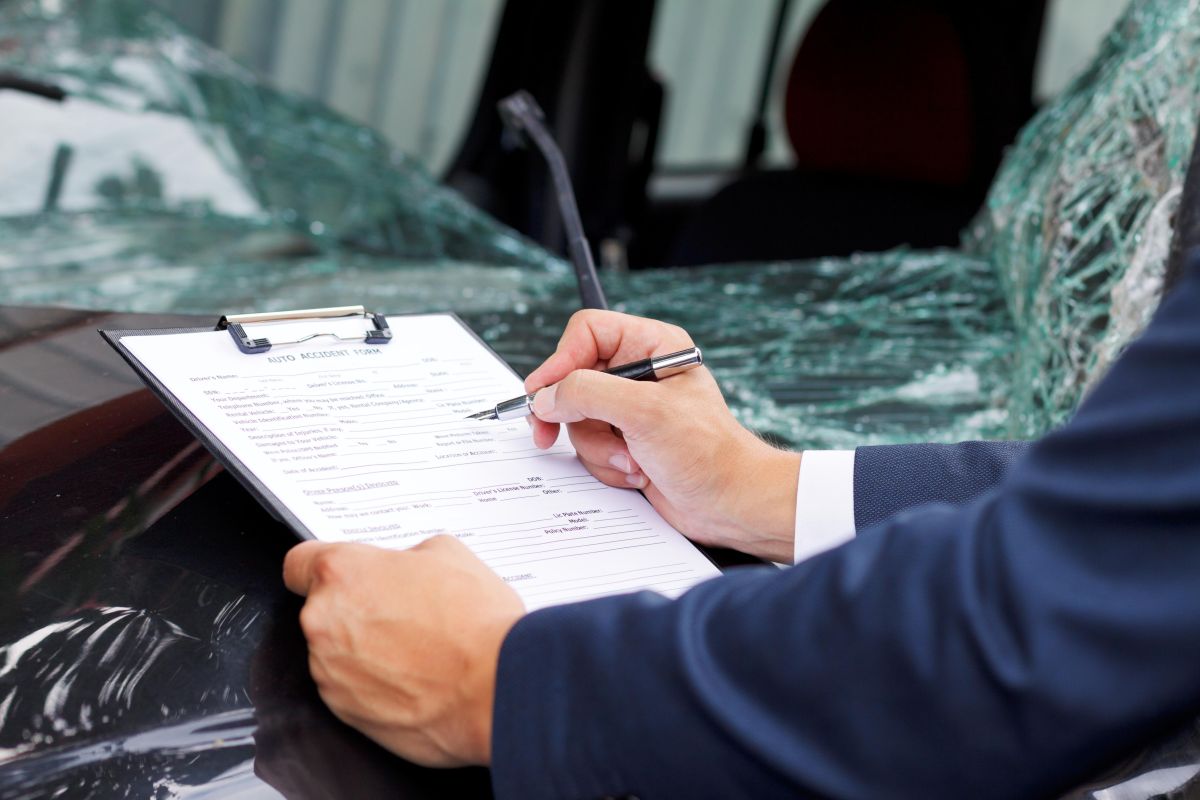California is in the final stages of rolling out the Salvage Vehicle Inspection Program (SVIP), a comprehensive inspection program targeting rebuilt vehicles that have been deemed total losses, spearheaded by the California Bureau of Automotive Repair (BAR).
The legislative framework for the SVIP was established by SB 1713, which mandates salvaged vehicles undergo a thorough inspection by either the Department of Motor Vehicles (DMV) or the California Highway Patrol (CHP) as per California Vehicle Code (CVC) Section 5505. This law aims to ensure that vehicles rebuilt after being declared total losses meet safety standards and are not composed of stolen parts.
The CHP has developed a strategic three-pronged approach to enforce this new mandate effectively. Initially, salvage vehicles are referred to the CHP by the DMV for inspection. The CHP's field Division Investigative Services Unit (ISU) then identifies vehicles more likely to have tampered vehicle identification numbers (VINs) or to contain stolen components, prioritizing these for inspection. To enhance the program's efficiency, the criteria for referrals are regularly reviewed and adjusted.
Moreover, SVIP officers from the CHP conduct surprise visits to DMV field offices, performing preliminary inspections on all salvage vehicles seeking registration. Vehicles requiring further examination are referred to a specialized SVIP inspector, and their registration is temporarily withheld pending a thorough inspection and certification by the CHP.
During the inspection process, vehicle owners must present detailed documentation for the vehicle and all replaced parts, including bills of sale or invoices specifying the year, make, model and VIN of the parts' source vehicles. The SVIP officers inspect the vehicle and its components to ensure no identification numbers have been tampered with and all supporting documentation is accurate and legitimate. Following a successful inspection, a Certificate of Inspection is issued, enabling the completion of the registration process at the DMV.
This initiative not only aims to safeguard Californian roads but also to protect consumers from potential fraud and illegal activities associated with salvaged vehicles.











